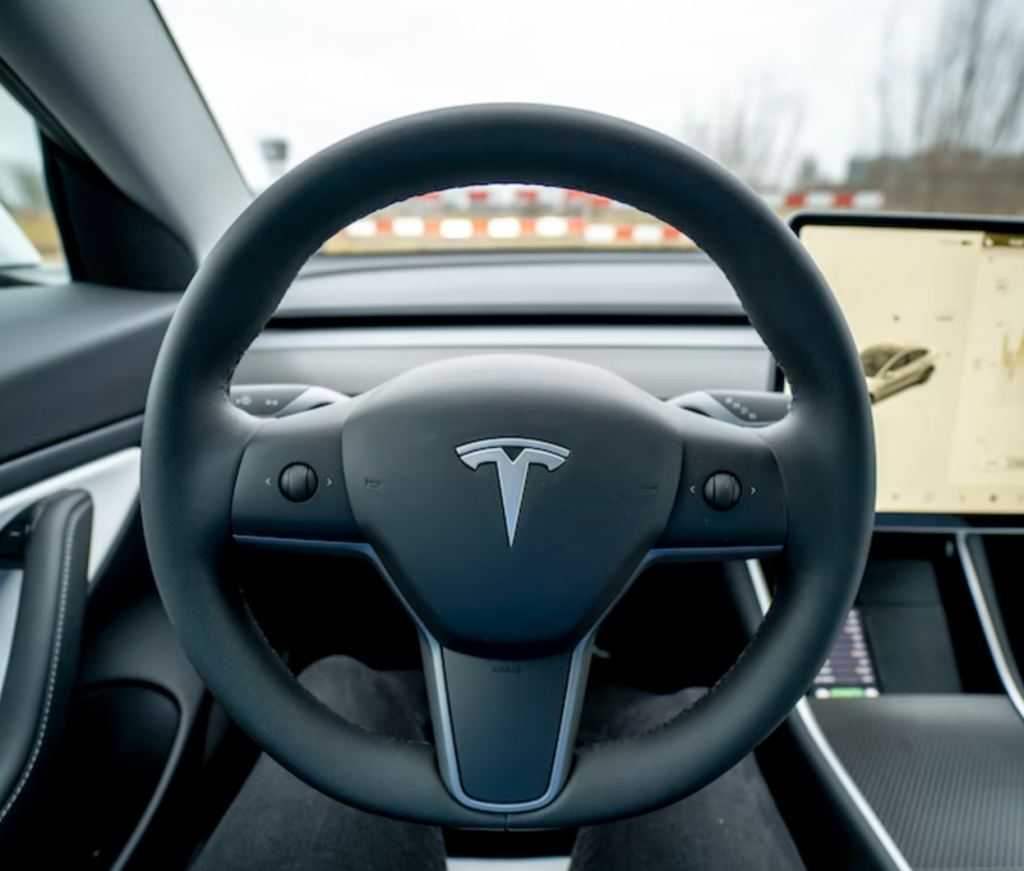Vehicles With Self-Driving Car Technology Can Now Repossess Themselves?
Ford won a patent that, once implementable, will make it possible for vehicles equipped with self-driving technology to repossess themselves.
This article is more than 2 years old

f you miss a car payment, you do your best to catch up and make up for it. However, if you go longer than a payment or two, the bank can repossess the car and remove it from your possession. If you have a loan for the car, the bank owns it. When a car is repossessed, someone has to go and get it. At times they enter into dangerous situations and even are killed. Companies that make self-driving cars have plans for cars to simply drive away in cases of repossession.
According to NPR, Ford has won a patent for a self-driving car that can drive itself to the closest blank or impound lot. However, prior to the car driving away, it will give signals to the owner that a payment is missed and must be made. The car will send messages to the main screen, can turn the headlights on and off, or even honk the horn and play a loud buzzing sound in the hopes that the delinquent payee will just give the car back.
However compelling this scenario sounds, it will never happen. Ford has no plans to deploy these features but typically applies for patents. In fact, the company currently has about 100 patents pending with the US Patent and Trademark Office. As a normal course of business, Ford submits innovative ideas to keep new ideas flowing and protected.
The banking institution would be the one to “flip the switch” to make the car return to a lot. There are a couple of ways this could happen. Because electric, self-driving cars can not travel for long miles, the car could be returned to a predetermined parking lot or to the institution or a place that is convenient for a tow truck driver. In fact, the bank could begin to remove optional features like air conditioning or lights.
Although self-driving cars could cause issues like traffic jams and accidents, they may become the way of the future. Self-driving cars can become the transportation of choice for people who may not be able to drive or prefer the convenience and safety of a car that drives itself. In addition, self-driving cars are expected to dramatically reduce traffic congestion and improve road safety which will make them an attractive option for many people.
The use of advanced driver aid systems (ADAS) may increase traffic safety and lessen driver fatigue. They are also an effective method for auto companies to open up brand-new revenue streams at a time when consumers have less disposable income. Tesla, GM, and Ford all have vehicles with some ADAS features, though no cars presently on the market offer a completely hands-free driving experience.
The self-repossessing cars will be in touch with medical facilities, the police, and the repossessing agency all at once. Critics say this could be dangerous as having so many agencies looking for you at the same time could be intimidating and overwhelming. According to the current law, creditors do not even have to warn you that the car is driving away. If they fail to get the car back, the car could be swiftly sold at auction. All without the delinquent payers knowing.



